 When you walk through a fresh clearcut in British Columbia, you are surrounded by a “one-dimensional, dead landscape,” says Michelle Connolly of Conservation North. …Last month, Connolly visited Japan to share how such scenes are linked to the nation’s “green” energy: A portion of BC’s razed forests are being used to make wood pellets, a type of biofuel that Japan is importing and burning in increasing quantities as an alternative to fossil fuels. …The Japanese government plans to have biomass contribute 5% of Japan’s power needs by 2030, putting it on par with wind. …However, Connolly and other experts warn that BC’s overstretched and declining forestry sector may not be able to provide Japan with a steady supply of wood pellets for long — and, for the present, it is leaving a trail of environmental destruction in its wake. …“Burning wood is literally what Neanderthals did many hundred thousands of years ago,” Andrew Weaver says.
When you walk through a fresh clearcut in British Columbia, you are surrounded by a “one-dimensional, dead landscape,” says Michelle Connolly of Conservation North. …Last month, Connolly visited Japan to share how such scenes are linked to the nation’s “green” energy: A portion of BC’s razed forests are being used to make wood pellets, a type of biofuel that Japan is importing and burning in increasing quantities as an alternative to fossil fuels. …The Japanese government plans to have biomass contribute 5% of Japan’s power needs by 2030, putting it on par with wind. …However, Connolly and other experts warn that BC’s overstretched and declining forestry sector may not be able to provide Japan with a steady supply of wood pellets for long — and, for the present, it is leaving a trail of environmental destruction in its wake. …“Burning wood is literally what Neanderthals did many hundred thousands of years ago,” Andrew Weaver says.
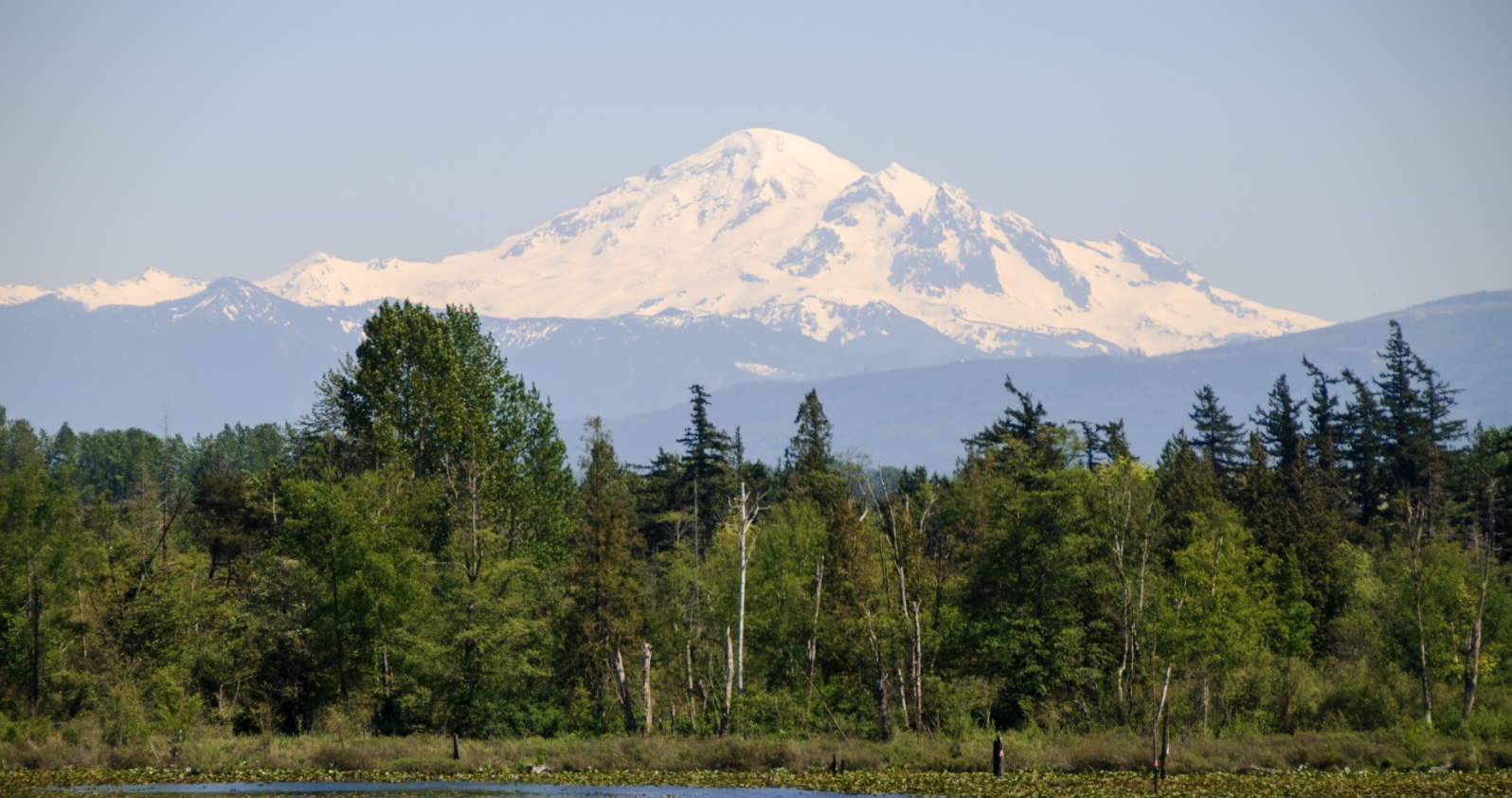 TORONTO — Human-caused climate change is behind a decline in spring snowpack across parts of Southern Canada and the Northern Hemisphere, says a new study that offers widespread caution of how a warming planet could transform winter and affect water security. The study out of Dartmouth College in New Hampshire, published in the journal Nature, cuts through the noise of standalone measurements and models to find climate change has altered spring snowpack across 31 major river basins in the Northern Hemisphere. …John Pomeroy, a leading Canadian expert in water resources and climate change who was not part of the study, said parts of Canada are already seeing the effects of lower spring snowpack in the form of droughts and wildfires. …Pomeroy said the study should be a sign to Canadian decision makers to bolster snow measurement efforts and start planning to manage water resources more carefully.
TORONTO — Human-caused climate change is behind a decline in spring snowpack across parts of Southern Canada and the Northern Hemisphere, says a new study that offers widespread caution of how a warming planet could transform winter and affect water security. The study out of Dartmouth College in New Hampshire, published in the journal Nature, cuts through the noise of standalone measurements and models to find climate change has altered spring snowpack across 31 major river basins in the Northern Hemisphere. …John Pomeroy, a leading Canadian expert in water resources and climate change who was not part of the study, said parts of Canada are already seeing the effects of lower spring snowpack in the form of droughts and wildfires. …Pomeroy said the study should be a sign to Canadian decision makers to bolster snow measurement efforts and start planning to manage water resources more carefully.




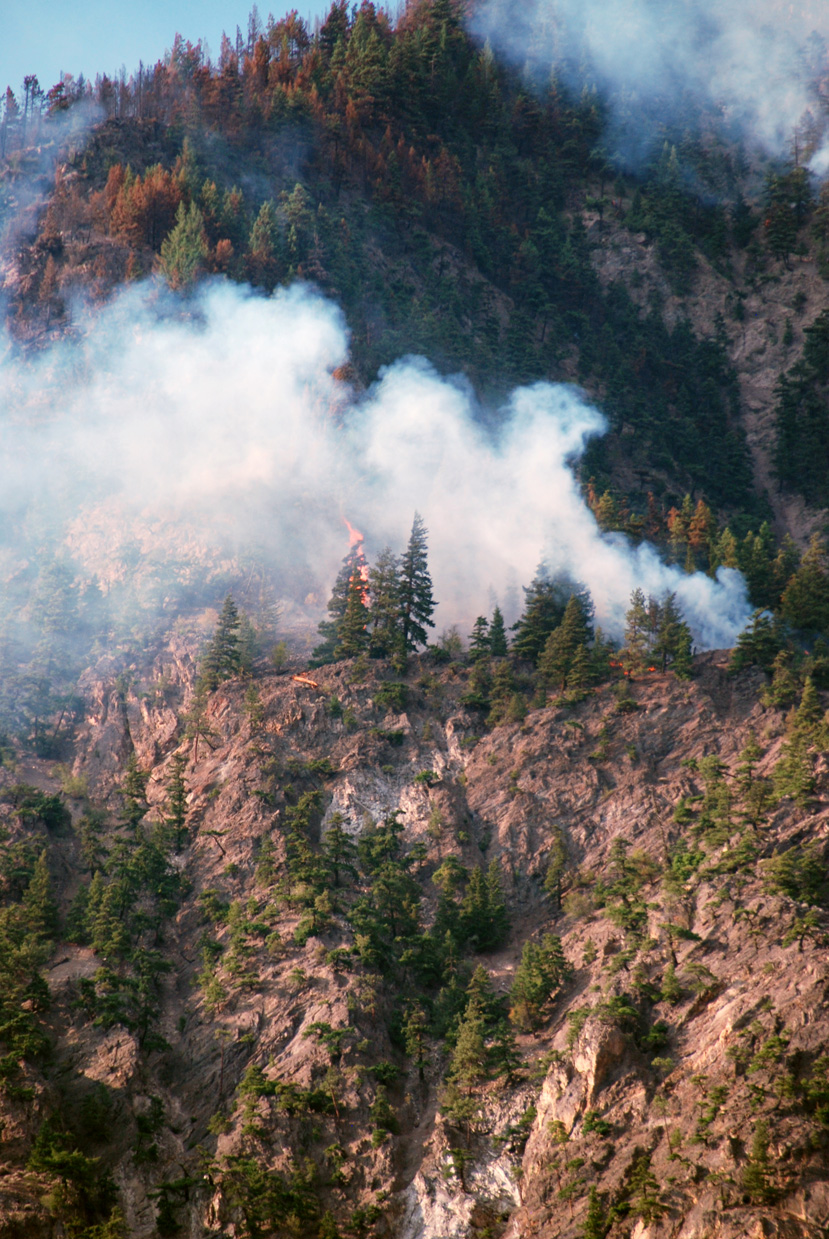 Earlier this fall, a commentary in Nature Communications, Earth & Environment argued for a change to the implementation of the Paris Agreement’s reporting mechanisms. The authors called for all countries to report carbon emissions and removals taking place across their entire territories, not just within so-called “managed” lands (as is presently the case). However, this poses a challenge here in Canada, as there is deep uncertainty about the total carbon flux in Canada’s “unmanaged” land. I echo calls for the Government of Canada to scale up and improve its greenhouse gas (GHG) monitoring and modelling across Canada’s entire territory, and to report these findings in a much more open and transparent manner as part of its annual National GHG Inventory. …It is essential that the Government of Canada enhance its current efforts in land-based carbon flux analysis, and report to the public in a more clear and transparent way.
Earlier this fall, a commentary in Nature Communications, Earth & Environment argued for a change to the implementation of the Paris Agreement’s reporting mechanisms. The authors called for all countries to report carbon emissions and removals taking place across their entire territories, not just within so-called “managed” lands (as is presently the case). However, this poses a challenge here in Canada, as there is deep uncertainty about the total carbon flux in Canada’s “unmanaged” land. I echo calls for the Government of Canada to scale up and improve its greenhouse gas (GHG) monitoring and modelling across Canada’s entire territory, and to report these findings in a much more open and transparent manner as part of its annual National GHG Inventory. …It is essential that the Government of Canada enhance its current efforts in land-based carbon flux analysis, and report to the public in a more clear and transparent way.


 Keeping warm during winter will have a lower effect on air quality in B.C. as more incentives and education on replacing wood stoves with cleaner, healthier heating options roll out. “Burning wood is one of the largest air-pollution sources affecting B.C. communities, and switching to healthier, clean-heat sources can save people money by heating homes more effectively,” said George Heyman, Minister of Environment and Climate Change Strategy. “By increasing the amount available for rebates, we’re helping more people breathe healthier air in their homes and in their communities.” In partnership with the BC Lung Foundation, the Government of B.C. will provide approximately $240,000 in rebates in 2024 through the Community Wood Smoke Reduction Program. …“It is important that more people understand the health risks involved with wood-burning stoves,” said Christopher Lam, CEO, BC Lung Foundation.
Keeping warm during winter will have a lower effect on air quality in B.C. as more incentives and education on replacing wood stoves with cleaner, healthier heating options roll out. “Burning wood is one of the largest air-pollution sources affecting B.C. communities, and switching to healthier, clean-heat sources can save people money by heating homes more effectively,” said George Heyman, Minister of Environment and Climate Change Strategy. “By increasing the amount available for rebates, we’re helping more people breathe healthier air in their homes and in their communities.” In partnership with the BC Lung Foundation, the Government of B.C. will provide approximately $240,000 in rebates in 2024 through the Community Wood Smoke Reduction Program. …“It is important that more people understand the health risks involved with wood-burning stoves,” said Christopher Lam, CEO, BC Lung Foundation. 




 The American Wood Council (AWC) issued a statement from president and CEO Jackson Morrill the announcement out of COP28 that 17 countries, including the United States, are pushing for the use of more mass timber in construction. “AWC applauds the U.S. government’s leadership in endorsing a stated commitment to develop and implement policies and practices that reduce the carbon footprint of the built environment through greater use of sustainably sourced wood products. “American wood products today represent an existing, proven pathway to significantly reduce the greenhouse gas impacts of the built environment. Sustainably managed forests and the wood products they produce can and should be an important component of the overall strategy to reduce the U.S. carbon footprint. …The AWC says it represents 87% of the structural wood products industry.
The American Wood Council (AWC) issued a statement from president and CEO Jackson Morrill the announcement out of COP28 that 17 countries, including the United States, are pushing for the use of more mass timber in construction. “AWC applauds the U.S. government’s leadership in endorsing a stated commitment to develop and implement policies and practices that reduce the carbon footprint of the built environment through greater use of sustainably sourced wood products. “American wood products today represent an existing, proven pathway to significantly reduce the greenhouse gas impacts of the built environment. Sustainably managed forests and the wood products they produce can and should be an important component of the overall strategy to reduce the U.S. carbon footprint. …The AWC says it represents 87% of the structural wood products industry.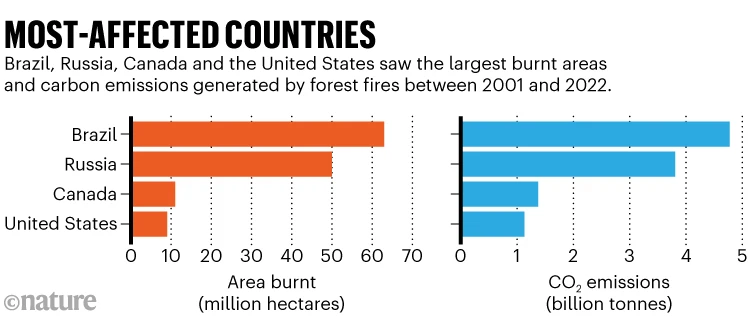

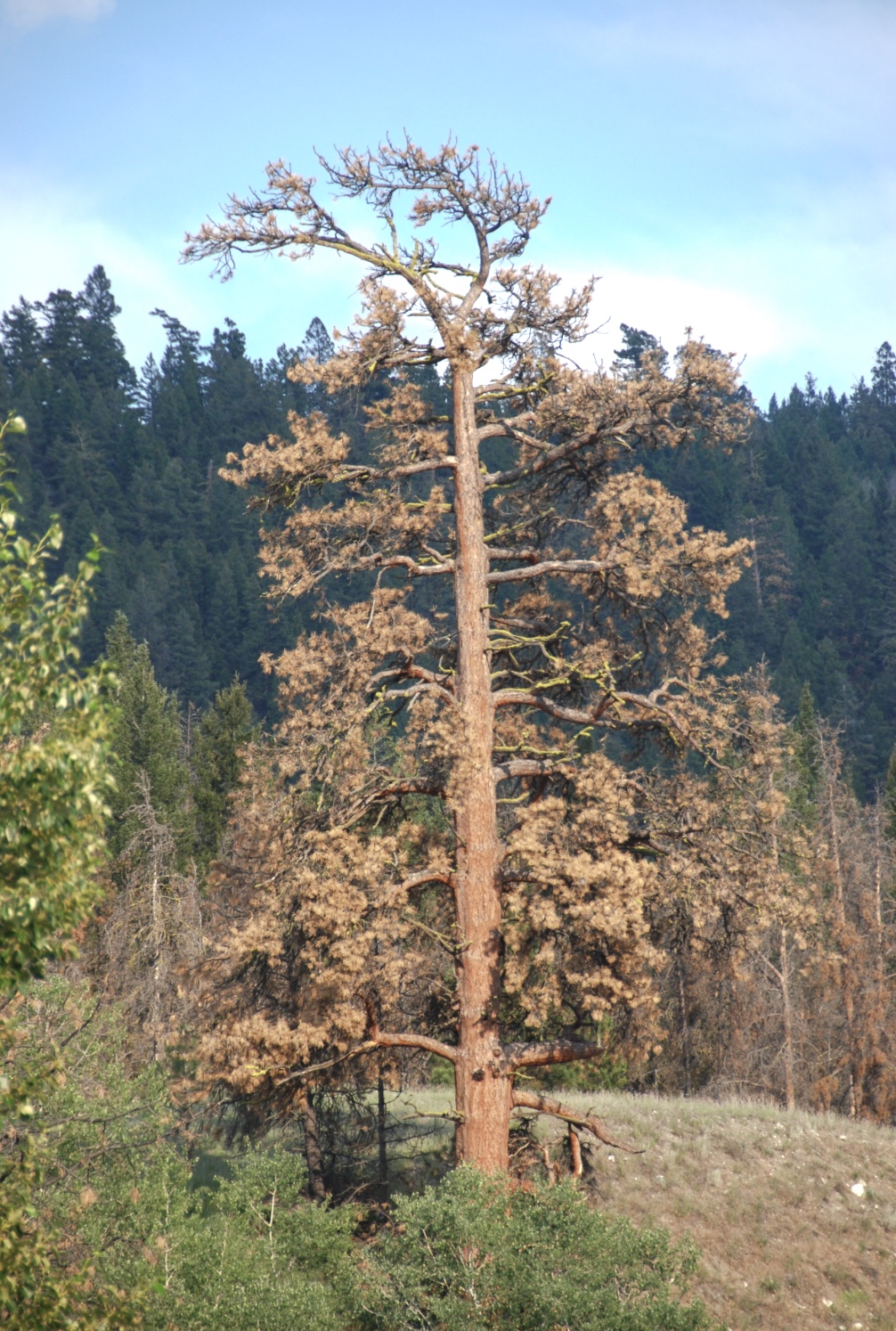 For decades, scientists have used the space-for-time substitution to predict how a species will fare in climate change. But according to new research, that method might be producing results that are misleading or wrong. University of Arizona researchers found the method failed to accurately predict how ponderosa pine has responded to the last several decades of warming.
For decades, scientists have used the space-for-time substitution to predict how a species will fare in climate change. But according to new research, that method might be producing results that are misleading or wrong. University of Arizona researchers found the method failed to accurately predict how ponderosa pine has responded to the last several decades of warming. 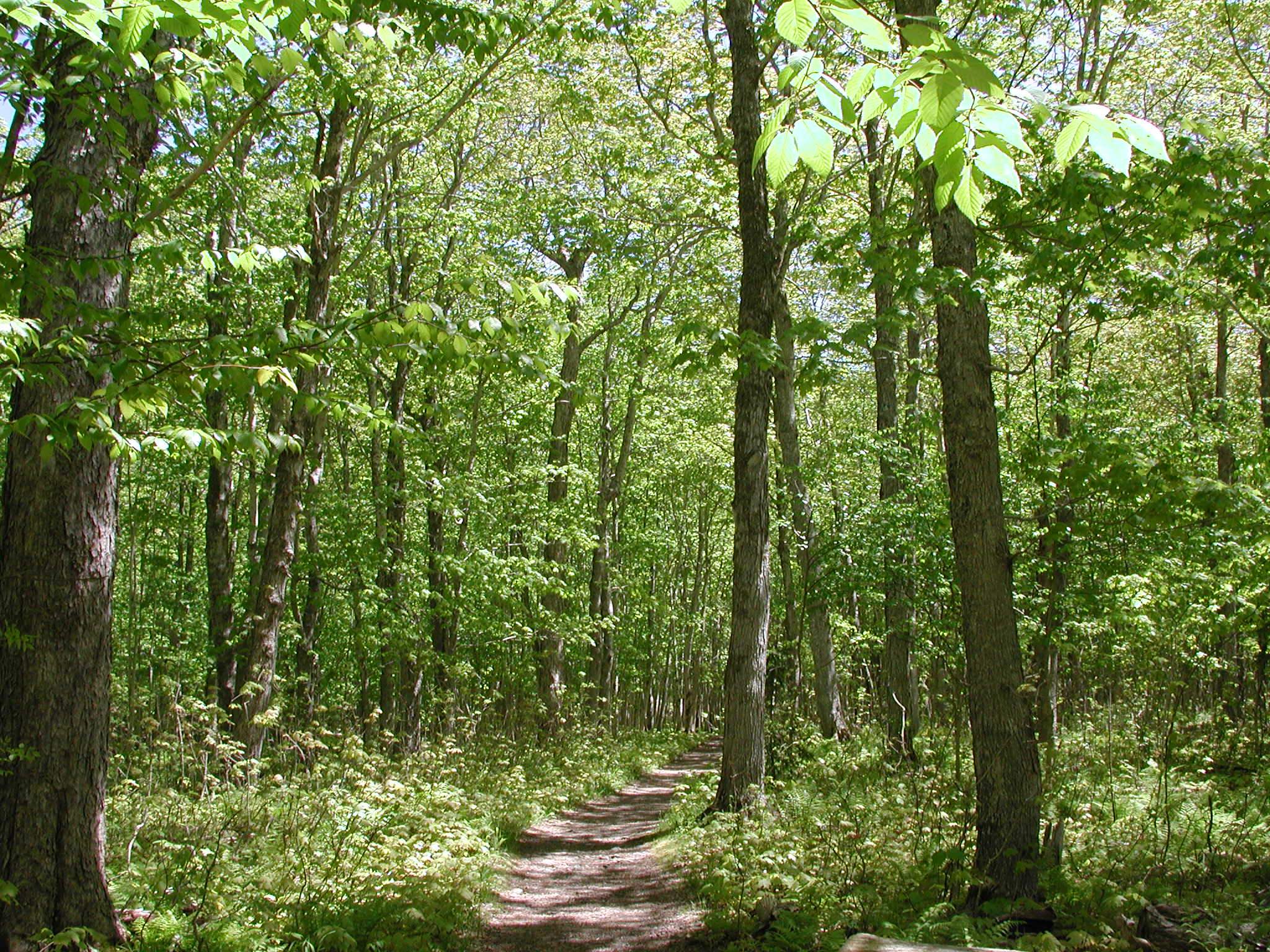 Climate change is reshaping forests differently across the United States, according to a new analysis of U.S. Forest Service data. …The study, led by UF Biology researchers J. Aaron Hogan and Jeremy W. Lichstein … reveals a pronounced regional imbalance in forest productivity, a key barometer of forest health that gauges tree growth and biomass accumulation. Over the past two decades, the Western U.S., grappling with more severe climate change impacts, has exhibited a notable slowdown in productivity, while the Eastern U.S., experiencing milder climate effects, has seen slightly accelerated growth. …”Our results highlight the need for reduced global greenhouse gas emissions,” said Lichstein. “Without the emissions reductions that scientists have been urging for decades, forest carbon sinks will likely weaken, which will accelerate the pace of climate change.”
Climate change is reshaping forests differently across the United States, according to a new analysis of U.S. Forest Service data. …The study, led by UF Biology researchers J. Aaron Hogan and Jeremy W. Lichstein … reveals a pronounced regional imbalance in forest productivity, a key barometer of forest health that gauges tree growth and biomass accumulation. Over the past two decades, the Western U.S., grappling with more severe climate change impacts, has exhibited a notable slowdown in productivity, while the Eastern U.S., experiencing milder climate effects, has seen slightly accelerated growth. …”Our results highlight the need for reduced global greenhouse gas emissions,” said Lichstein. “Without the emissions reductions that scientists have been urging for decades, forest carbon sinks will likely weaken, which will accelerate the pace of climate change.”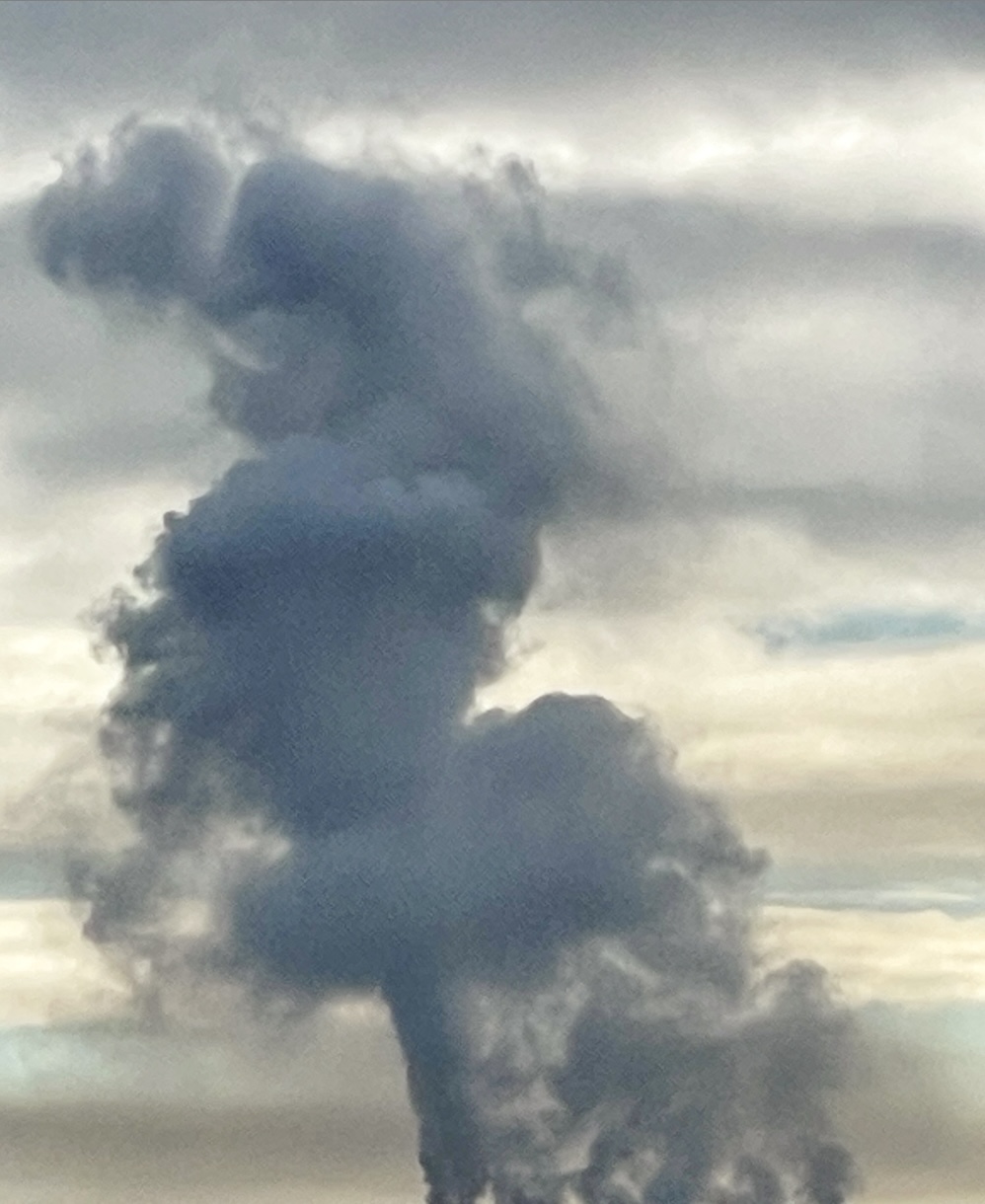 LOUISIANA — State leaders rejoiced Thursday over the federal government’s decision to give Louisiana authority to permit and regulate the wells needed to store industrial carbon dioxide emissions underground, labeling it an important economic development milestone. Environmental groups have taken a notably different view and vow to remain vigilant against what they feel is an unsafe process. They snub proponents’ claims that carbon capture and sequestration (CCS) projects will allow Louisiana to make major strides toward achieving a green economy. …Most of the roughly 30 proposed for Louisiana have backing from the fossil fuel and petrochemical industries. The companies insist carbon can be safely contained underground using time-tested methods. …Louisiana became the third state to receive primacy over permits for Class VI wells, the type used for carbon storage, from the U.S. Environmental Protection Agency.
LOUISIANA — State leaders rejoiced Thursday over the federal government’s decision to give Louisiana authority to permit and regulate the wells needed to store industrial carbon dioxide emissions underground, labeling it an important economic development milestone. Environmental groups have taken a notably different view and vow to remain vigilant against what they feel is an unsafe process. They snub proponents’ claims that carbon capture and sequestration (CCS) projects will allow Louisiana to make major strides toward achieving a green economy. …Most of the roughly 30 proposed for Louisiana have backing from the fossil fuel and petrochemical industries. The companies insist carbon can be safely contained underground using time-tested methods. …Louisiana became the third state to receive primacy over permits for Class VI wells, the type used for carbon storage, from the U.S. Environmental Protection Agency. 






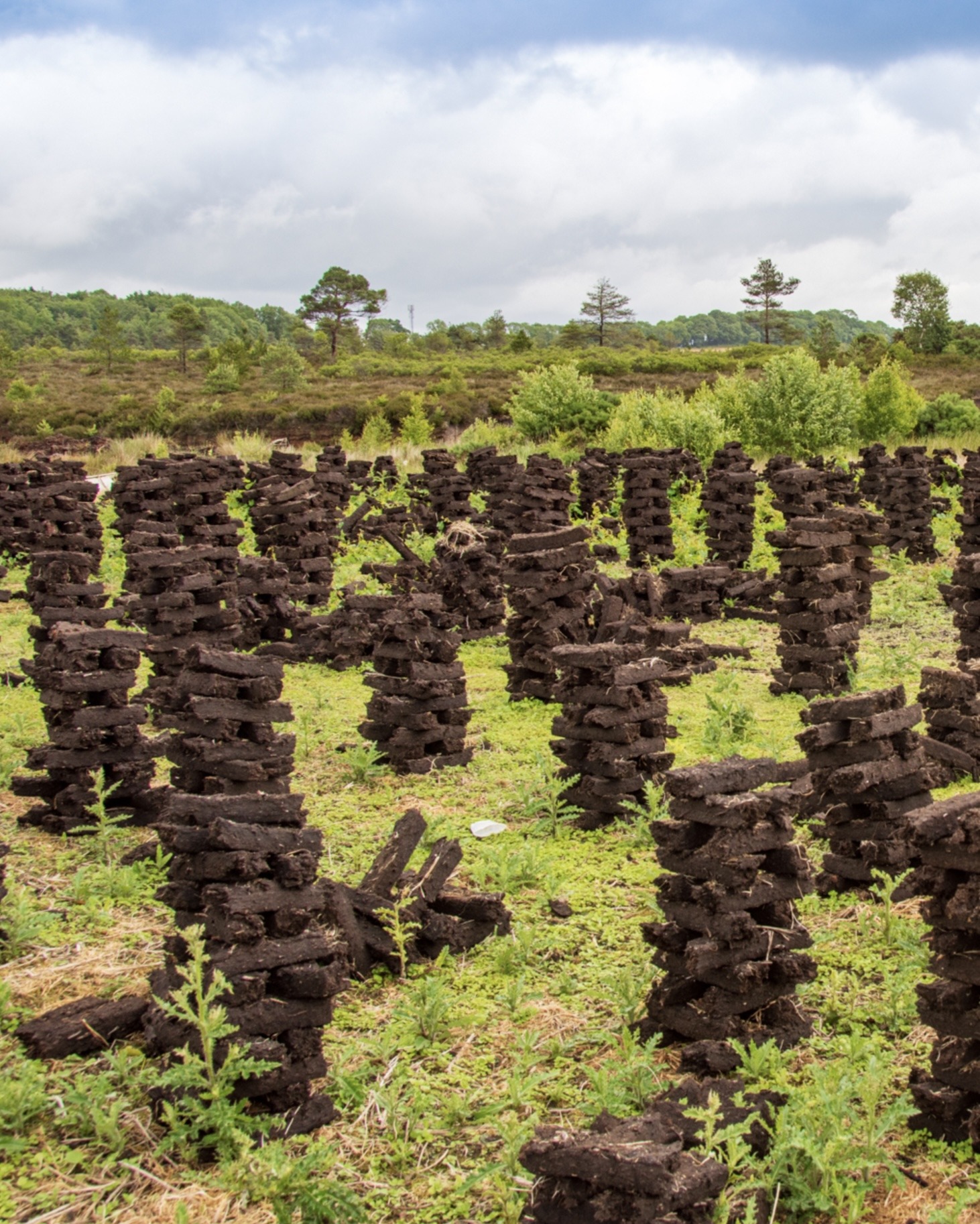 Bord na Móna’s Edenderry power plant in Ireland moved from peat-fired electricity to biomass last week, meaning it no longer harvests bogs for fuel. The plant is the last of Ireland’s peat-fuelled plants to adopt an alternative fuel source. “Five years ago, Bord na Móna set out on our ambitious strategy to transform the business into a climate solutions and renewable energy leader in Ireland,” said Tom Donnellan, chief executive of Bord na Móna. “Today, as we use peat to fuel our Edenderry power station for the final time, we have completed our unprecedented transition to using renewable energy sources and are now one of the largest producers of renewable electricity in the State.” … Trials of co-firing the plant with biomass began in 2007, and by 2020, the plant was co-fired with 62% of biomass. Bord na Móna said it sourced the vast majority of its biomass from Irish suppliers, following criticism about imports.
Bord na Móna’s Edenderry power plant in Ireland moved from peat-fired electricity to biomass last week, meaning it no longer harvests bogs for fuel. The plant is the last of Ireland’s peat-fuelled plants to adopt an alternative fuel source. “Five years ago, Bord na Móna set out on our ambitious strategy to transform the business into a climate solutions and renewable energy leader in Ireland,” said Tom Donnellan, chief executive of Bord na Móna. “Today, as we use peat to fuel our Edenderry power station for the final time, we have completed our unprecedented transition to using renewable energy sources and are now one of the largest producers of renewable electricity in the State.” … Trials of co-firing the plant with biomass began in 2007, and by 2020, the plant was co-fired with 62% of biomass. Bord na Móna said it sourced the vast majority of its biomass from Irish suppliers, following criticism about imports. The COP28 climate summit in Dubai was a mixed bag for forest conservation as climate mitigation. The final text included the goals from the 2021 Glasgow Declaration, which calls for halting deforestation by the end of the decade. However, the summit failed to make progress on paying countries to keep forests standing to offset emissions elsewhere, which has run into trouble following carbon offset scandals. Observers say the COP30 summit in Brazil in 2025 will see a larger push for forest protection. …COP28 started off with several promises of money for rainforest conservation. …In addition, a coalition including the U.S., U.K., Japan, Germany and others agreed to boost low-carbon construction, including with sustainable wood. …Though these pledges sound impressive, they pale in comparison to the “finance gap” we need to make up to reverse biodiversity and nature loss by 2030 is $700 billion every year, according to The Nature Conservancy.
The COP28 climate summit in Dubai was a mixed bag for forest conservation as climate mitigation. The final text included the goals from the 2021 Glasgow Declaration, which calls for halting deforestation by the end of the decade. However, the summit failed to make progress on paying countries to keep forests standing to offset emissions elsewhere, which has run into trouble following carbon offset scandals. Observers say the COP30 summit in Brazil in 2025 will see a larger push for forest protection. …COP28 started off with several promises of money for rainforest conservation. …In addition, a coalition including the U.S., U.K., Japan, Germany and others agreed to boost low-carbon construction, including with sustainable wood. …Though these pledges sound impressive, they pale in comparison to the “finance gap” we need to make up to reverse biodiversity and nature loss by 2030 is $700 billion every year, according to The Nature Conservancy. 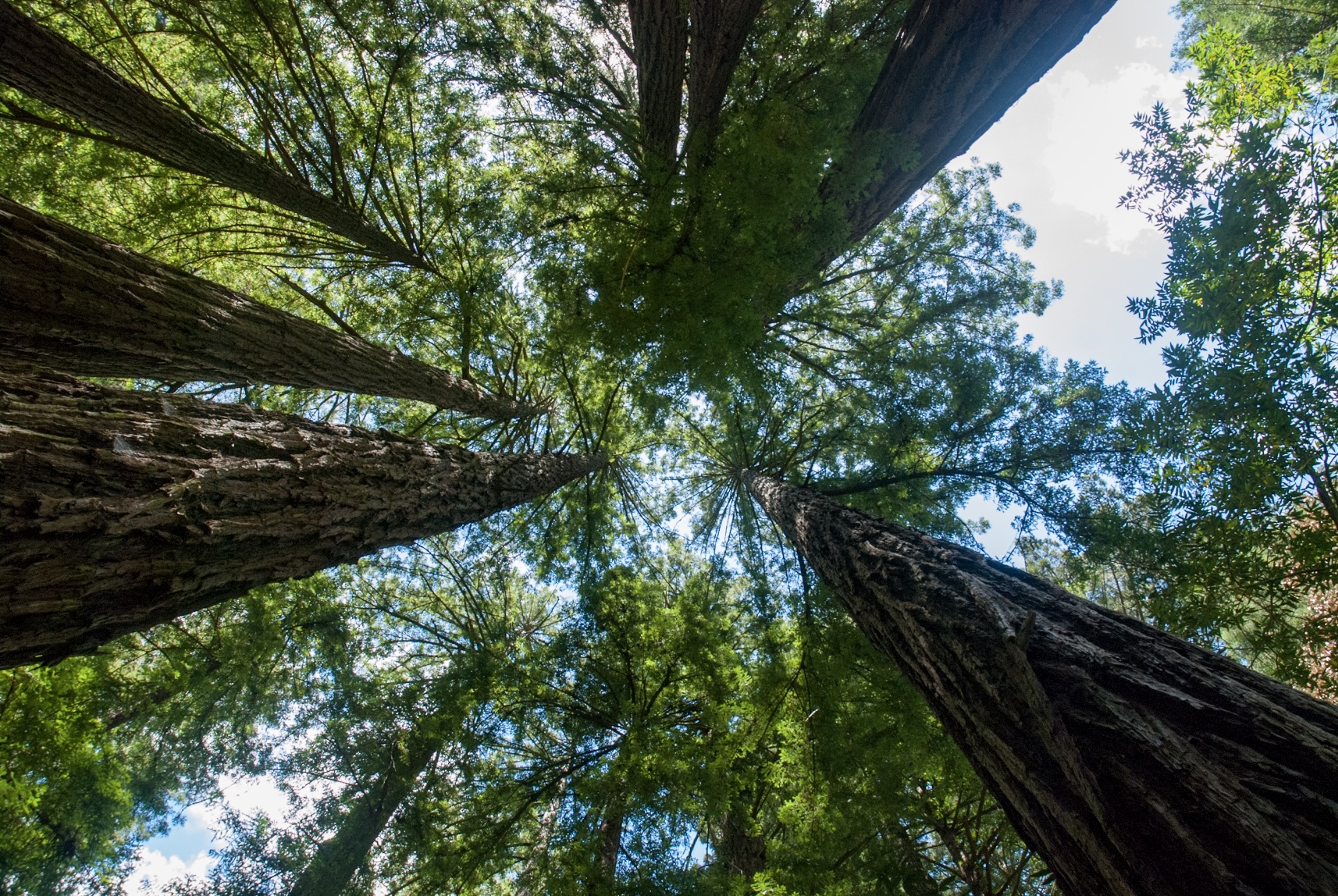 Keeping the world’s remaining forests standing is one of the most important environmental challenges of the 21st century. …In the race to create incentives to preserve forests rather than cut them down, the carbon-offsetting market has taken centre stage. Scientific research and journalistic investigations, however, indicate that many of these schemes are essentially “hot air” and failing to protect forests as promised. As some major firms reassess their use of forest credits, it raises questions about how we pay for and incentivise the protection of these crucial ecosystems. Here are five ways that experts have suggested we could tip the balance in favour of keeping forest ecosystems alive:
Keeping the world’s remaining forests standing is one of the most important environmental challenges of the 21st century. …In the race to create incentives to preserve forests rather than cut them down, the carbon-offsetting market has taken centre stage. Scientific research and journalistic investigations, however, indicate that many of these schemes are essentially “hot air” and failing to protect forests as promised. As some major firms reassess their use of forest credits, it raises questions about how we pay for and incentivise the protection of these crucial ecosystems. Here are five ways that experts have suggested we could tip the balance in favour of keeping forest ecosystems alive:
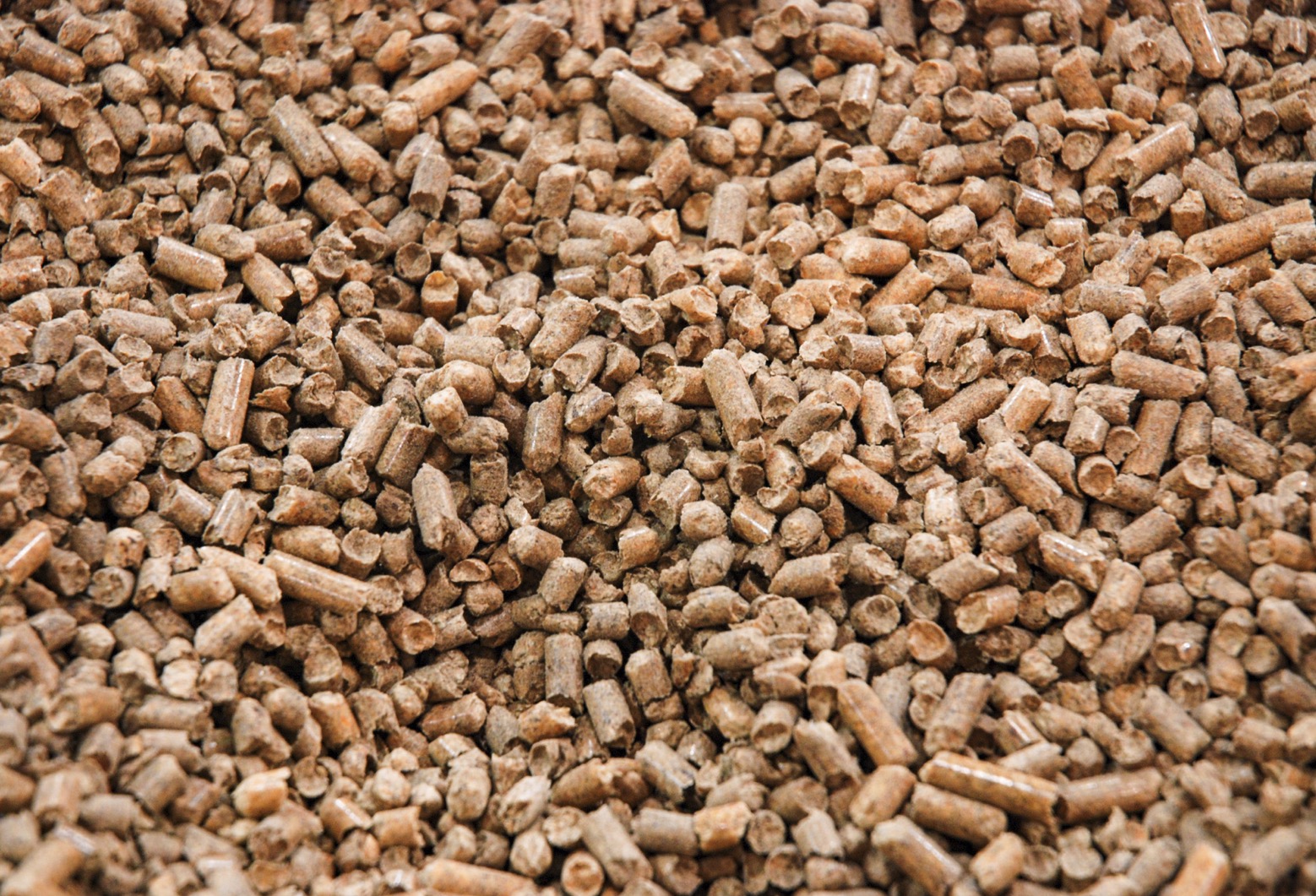 The UK government recognises the importance of waste wood biomass and is considering transitional support for the sector after the Renewables Obligation Certificate (ROC) and Renewable Heat Incentive (RHI) subsidies end, according to Energy Minister Graham Stuart. Stuart’s comments came in his recent response to a letter sent by the Wood Recyclers’ Association to the Department for Energy Security and Net Zero. In the letter, WRA chair Richard Coulson asked for urgent clarity over future support for waste wood biomass, given that the ROC and RHI subsidies all end by 2038, the earliest being in the mid 2020s. Stuart’s response, dated 20 November, said: “The government recognises the important role of sustainable biomass, including waste wood biomass, in achieving the UK’s net zero targets, and in balancing the energy grid/ensuring security of supply.”
The UK government recognises the importance of waste wood biomass and is considering transitional support for the sector after the Renewables Obligation Certificate (ROC) and Renewable Heat Incentive (RHI) subsidies end, according to Energy Minister Graham Stuart. Stuart’s comments came in his recent response to a letter sent by the Wood Recyclers’ Association to the Department for Energy Security and Net Zero. In the letter, WRA chair Richard Coulson asked for urgent clarity over future support for waste wood biomass, given that the ROC and RHI subsidies all end by 2038, the earliest being in the mid 2020s. Stuart’s response, dated 20 November, said: “The government recognises the important role of sustainable biomass, including waste wood biomass, in achieving the UK’s net zero targets, and in balancing the energy grid/ensuring security of supply.”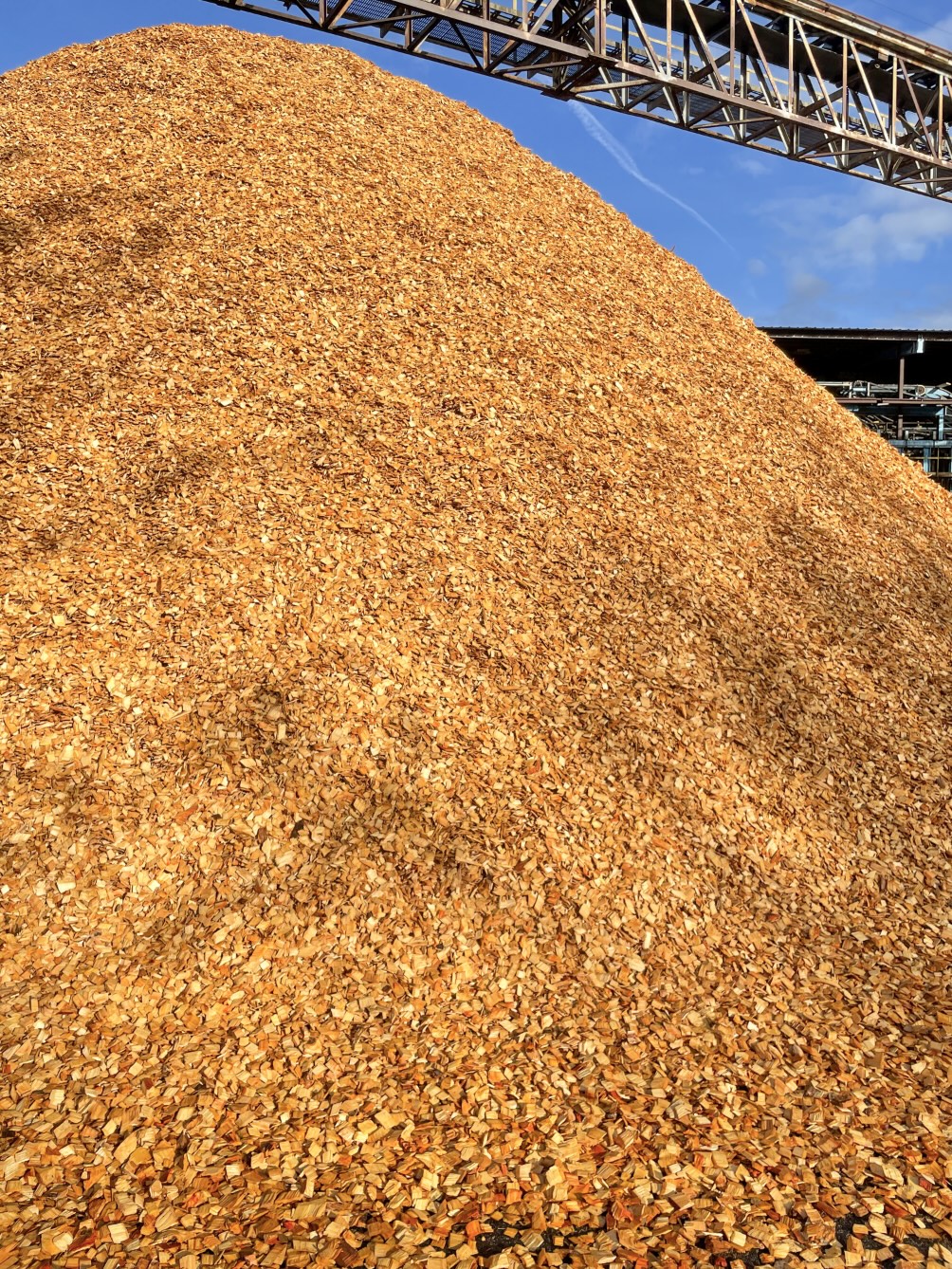 Bioenergy has been in the headlines, especially regarding the reform of the EU’s rules for how burning forest wood qualifies as “renewable energy.” It’s always been far-fetched to rely on burning trees — which emit more CO2 than coal when burned and take decades to regrow — as a way to “reduce” emissions. But climate policy could be about to go further off-track with a new focus on biomass energy with carbon capture and storage, or BECCS, as a way to remove CO2 from the atmosphere (in climate-speak, achieve “negative emissions”). …BECCS is a prime example of how to waste money on a hopeless technology. The idea is to take CO2 emissions from burning biomass — mostly derived from forests — concentrate it, and pump it belowground into geological formations. …In fact, promoting the logging of more forests will possibly increase CO2 emissions, because logging causes forest ecosystems to leak carbon.
Bioenergy has been in the headlines, especially regarding the reform of the EU’s rules for how burning forest wood qualifies as “renewable energy.” It’s always been far-fetched to rely on burning trees — which emit more CO2 than coal when burned and take decades to regrow — as a way to “reduce” emissions. But climate policy could be about to go further off-track with a new focus on biomass energy with carbon capture and storage, or BECCS, as a way to remove CO2 from the atmosphere (in climate-speak, achieve “negative emissions”). …BECCS is a prime example of how to waste money on a hopeless technology. The idea is to take CO2 emissions from burning biomass — mostly derived from forests — concentrate it, and pump it belowground into geological formations. …In fact, promoting the logging of more forests will possibly increase CO2 emissions, because logging causes forest ecosystems to leak carbon. For all the focus on technology to combat climate change, we have no greater ally than Mother Nature. In the closing days of the United Nations COP28 climate talks, conservation scientists stressed the importance of forests, grasslands, oceans and other ecosystems to absorb enormous amounts of carbon dioxide from the atmosphere. “The science is clear. Conserving nature is absolutely essential if we are to reach global climate goals,” Campaign for Nature Director Brian O’Donnell said. …More than $2.5 billion in financing to protect and restore natural systems was mobilized, and officials strengthened an international agreement to protect biodiversity. However, a pair of reports released during the conference pointed out the wide disparities between the current efforts to protect natural systems and the economic pressures that destroy and degrade them. …The U.N. Environment Programme’s “State of Finance for Nature” report released Saturday at COP28 identified approximately $200 billion in total investments in nature-based solutions in 2022.
For all the focus on technology to combat climate change, we have no greater ally than Mother Nature. In the closing days of the United Nations COP28 climate talks, conservation scientists stressed the importance of forests, grasslands, oceans and other ecosystems to absorb enormous amounts of carbon dioxide from the atmosphere. “The science is clear. Conserving nature is absolutely essential if we are to reach global climate goals,” Campaign for Nature Director Brian O’Donnell said. …More than $2.5 billion in financing to protect and restore natural systems was mobilized, and officials strengthened an international agreement to protect biodiversity. However, a pair of reports released during the conference pointed out the wide disparities between the current efforts to protect natural systems and the economic pressures that destroy and degrade them. …The U.N. Environment Programme’s “State of Finance for Nature” report released Saturday at COP28 identified approximately $200 billion in total investments in nature-based solutions in 2022.